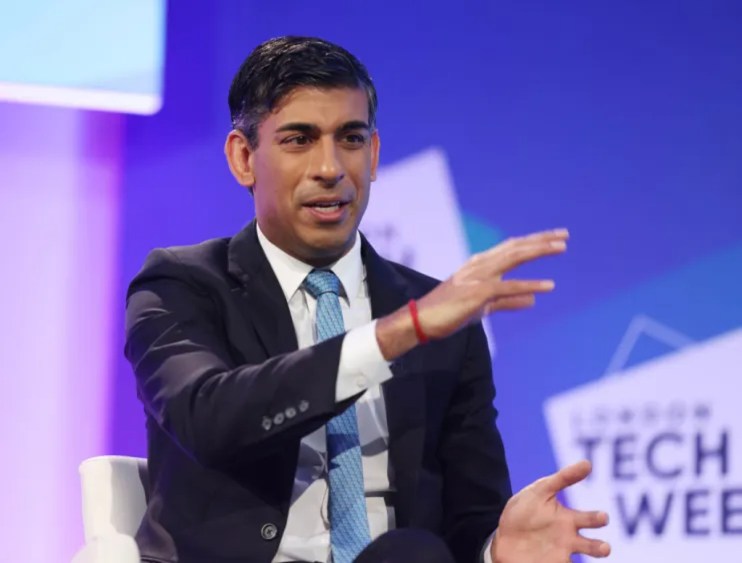
Yesterday’s papers were filled with headlines about Rishi Sunak’s mission to clampdown on “sick note culture” as he attempts to tackle the UK’s growing long-term sickness problem.
This is a serious issue. According to the latest figures from the Office for National Statistics (ONS), over 2.8m people were out of work due to ill-health between December and February, up from around 2.1m pre-pandemic.
Rising levels of economic inactivity both reduces the economy’s potential supply (bad when there’s inflationary pressures) and increases government spending (bad when there’s not much money).
Mental health, particularly among young people, has been a key contributor to the rise in long-term sickness. Half of those out of work report depression, anxiety or bad nerves.
Getting people with poor mental health back into work is a major government priority. In his speech today, Sunak warned of the “risk of over-medicalising the everyday challenges and worries of life”.
The reforms will see the responsibility for administering sick notes from GPs to ‘specialists’ in the Department for Work and Pensions (DWP).
Backers say the reforms will reduce unnecessary administration for already overstretched GPs. It could also focus attention on people who are at risk of falling out of the workforce, important for ensuring the inactivity issue does not get any worse.
But there seems little prospect that reforming the sick note system will have any impact on economic inactivity. By definition, people who receive sick notes are in work.
The jury is out
“Reforms to fit notes…won’t help the 2.8m people currently out of work due to their long-term health conditions,” David Finch, assistant director at the Health Foundation, said.
The UK also does not really have a particular problem with absenteeism either. Sickness absence, although increasing, is comfortably below what it was in the 1990s and below international peers.
Andy Bell, chief executive of the Mental Health Foundation, said the government should focus more closely on the root causes of poor mental health.
“Changing who provides fit notes from GPs to ‘work and health professionals’ will do little to help people get support for their mental health or improve the identification of mental health problems when a speedy and accurate diagnosis is needed to get access to the right support,” he said.
Potentially more important for tackling long-term sickness is a mooted reform to the Personal Independence Payment (PIP), a non-means tested benefit for people with a long-term illness or disability.
Growing mental health issues have driven up PIP awards significantly since the pandemic. In 2019, there were an average of around 2,200 new PIP awards a month in England and Wales where the main condition was anxiety and depression – this has more than doubled to 5,300 a month last year.
The government said this meant the cost of the benefits bill was rising at “an unsustainable rate”. PIP spending is expected to grow by 52 per cent from 2023/24 to £32.8bn by 2027/28.
To combat this, the government will launch a consultation on PIP in the coming days to offer “targeted” support to individuals who need it rather than the current ‘one size fits all approach’.
This ambition is unobjectionable but…vague. More detail will be published in the coming days.
One clear challenge for the government, given their stated focus on mental health, is disentangling mental and physical issues. Research from the ONS last year suggests that this will be very difficult.
“The majority of those with depression, bad nerves or anxiety reported it as a secondary health condition rather than their main one,” the ONS said.
Writing on X, Torsten Bell, chief executive of the Resolution Foundation, said: “The rhetoric again is all about mental health, but in practice DWP will find it very hard (impossible probably) to totally separate out physical/mental health/disabilities”.

